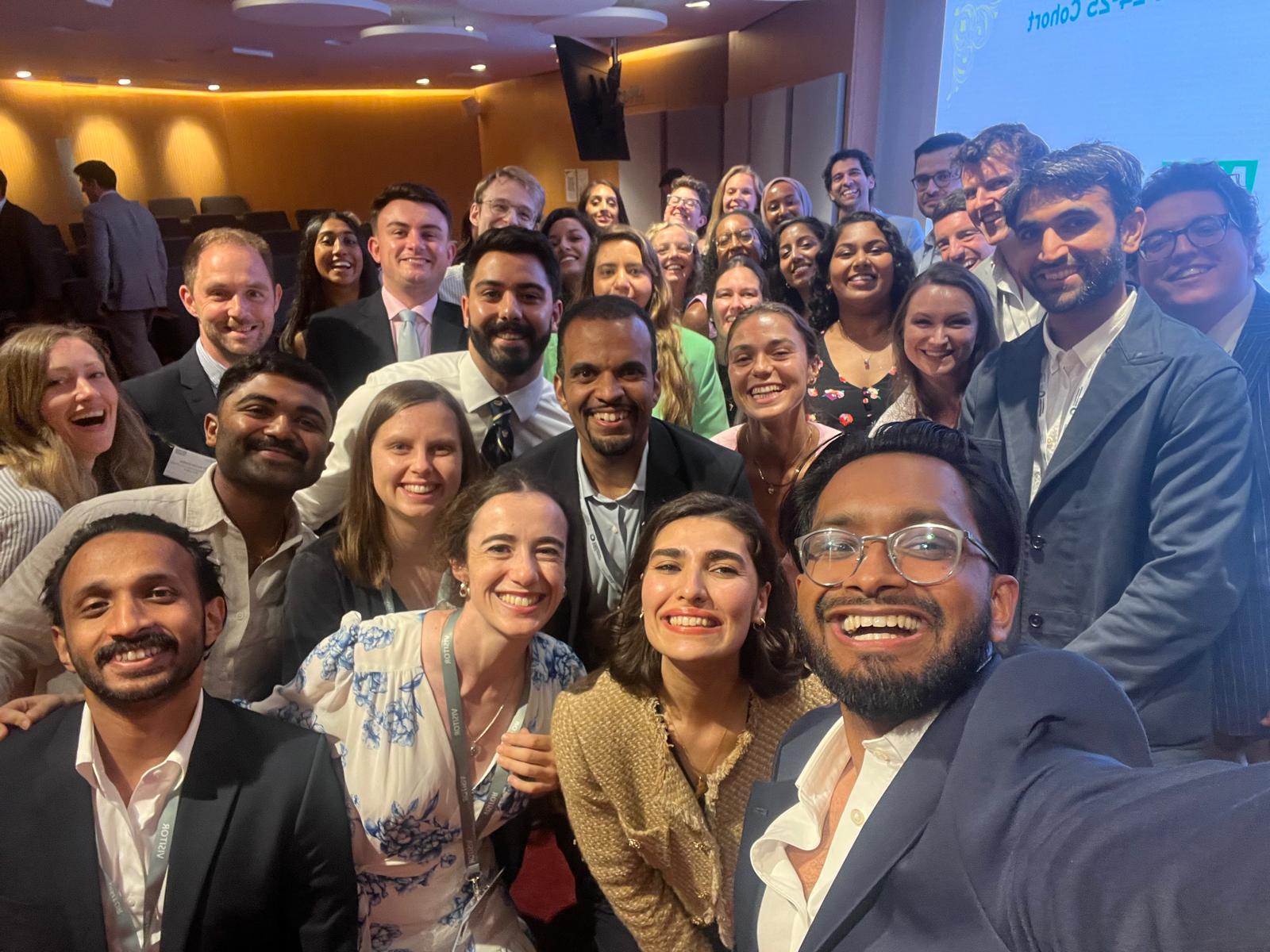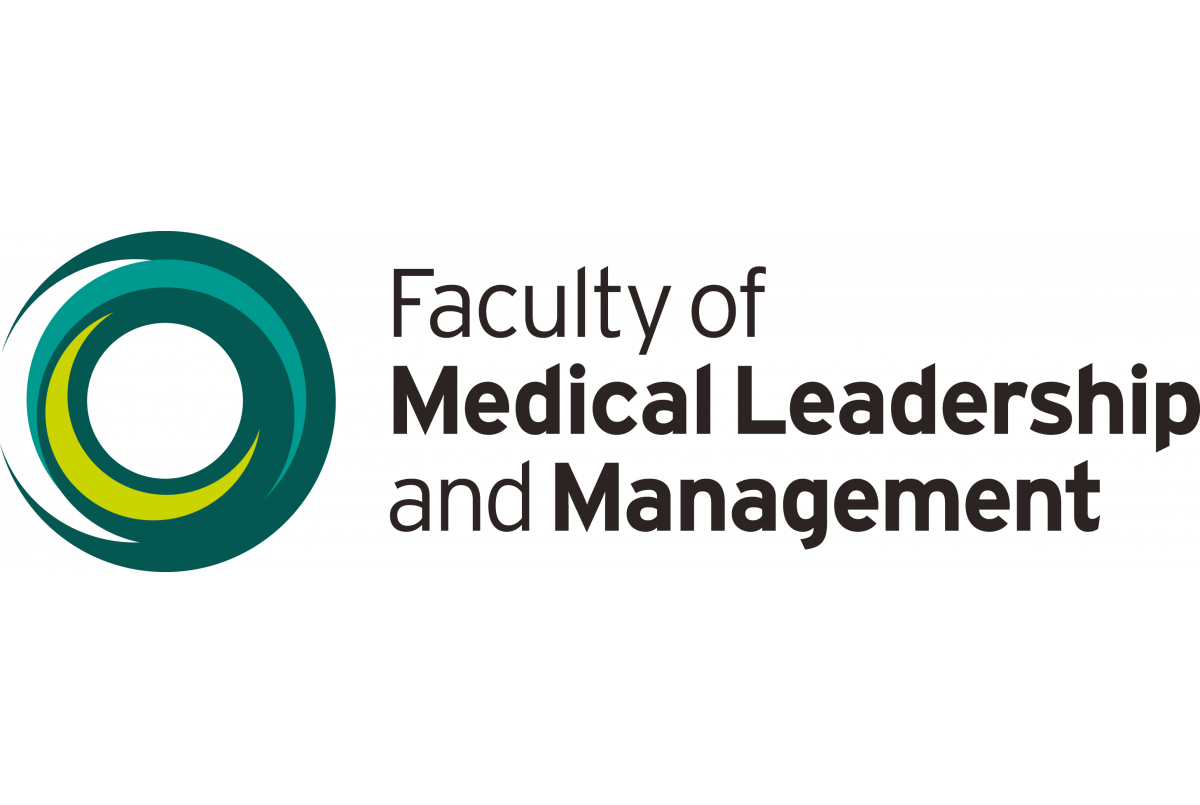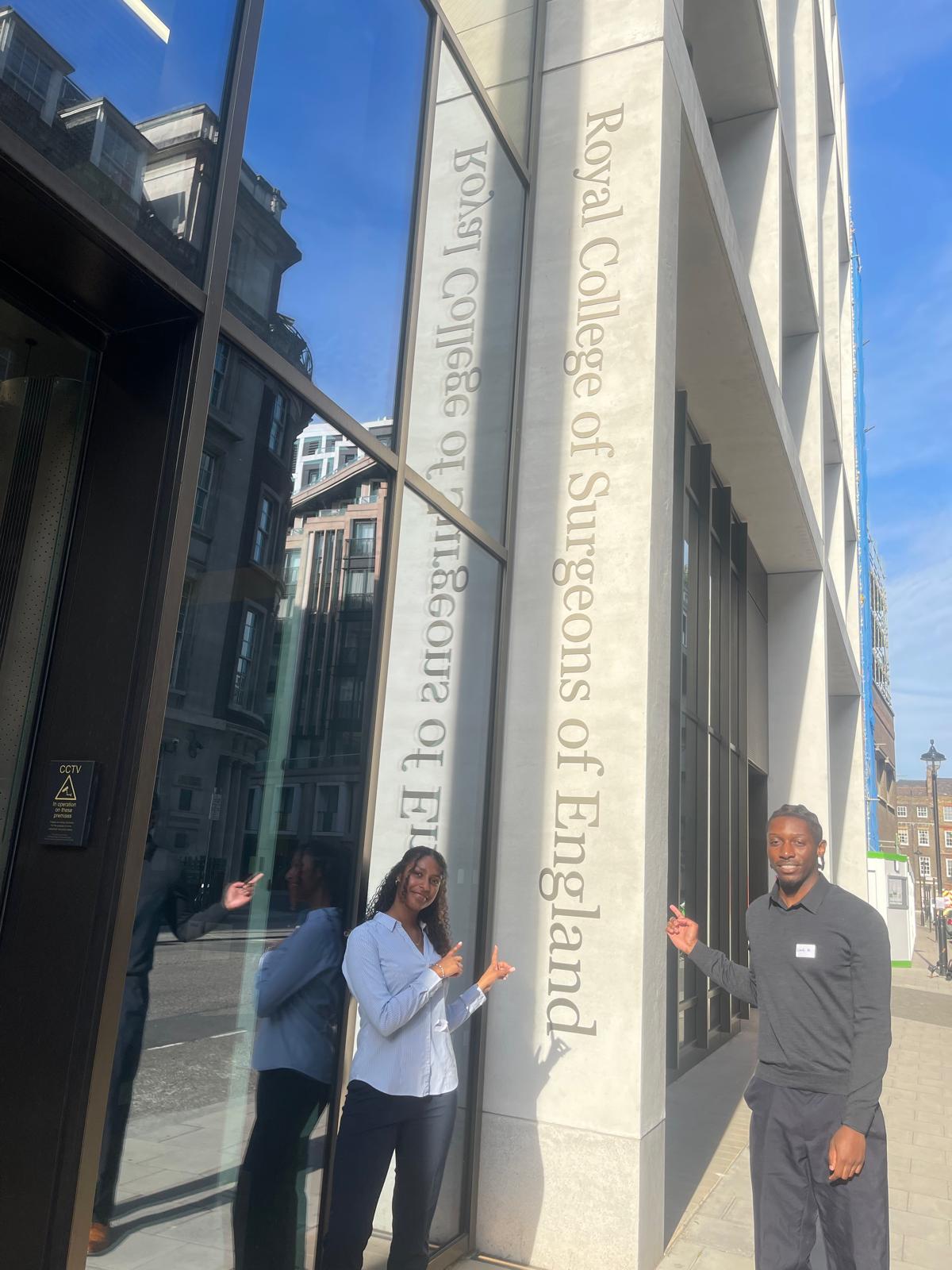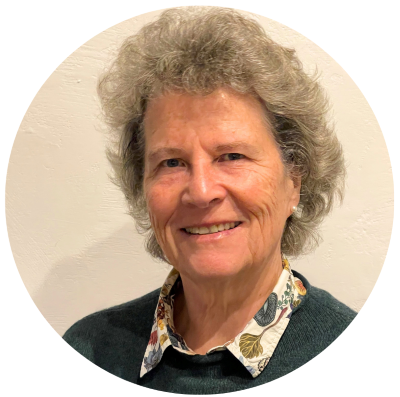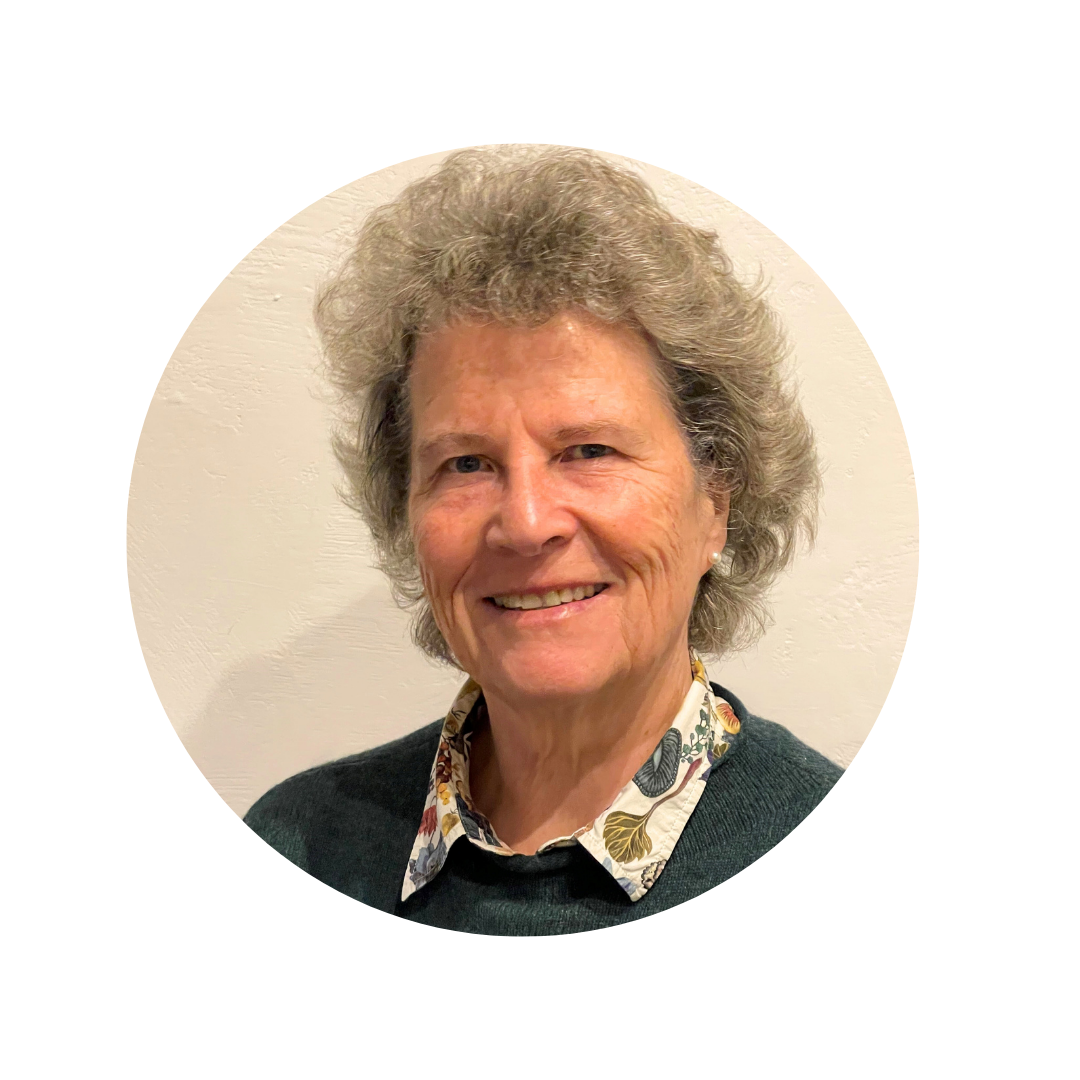
Lessons in leadership with Fiona Day, medical and public health leadership coach
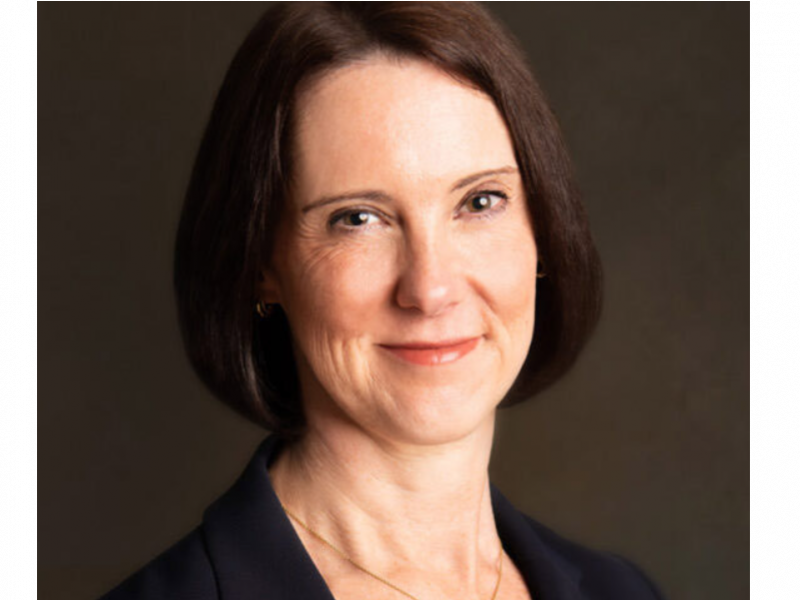
First and foremost, are there any key leadership messages you want to get out to our members?
Leadership is essential to effect change and improve outcomes, and leadership is a set of skills which can be learned and personal qualities which can be developed. A significant evidence base has emerged about what works in terms of interventions to develop leaders, ranging from group learning environments through to personalised individual coaching. Leadership roles are highly demanding because they require leaders to grow as adults and human beings to be effective in increasingly complex and ambiguous contexts at scale. This also requires leaders to have high degrees of insight into themselves and others – leadership is a journey which never ends, and every leader has their own ‘psychological growth edge’ where they can continue to learn and grow and be even more effective in even more complex environments. I’d also raise here that it ‘takes a village’ to raise a leader: every leader needs their own support team around them to help them to continue to excel in their role, as well as to support them with their wellbeing given the level of demand placed on those in leadership roles.
What experiences in your career do you draw from now in the advice and support you offer leaders?
I believe that coaching is an act of leadership in service of other leaders, and I integrate coaching and mentoring in a flexible way on a moment-by-moment basis with my clients. Much of the time I’m not directly drawing on my own experiences, rather I’m drawing on the evidence base for what works in terms of leadership development and coaching psychology. However, when I am drawing on my own experiences I will check with the client whether they would like to know about it because it’s not always something they want. At times though it can be useful to the client to know that somebody has experienced a similar situation and also to hear my perspective – and my own learning from the many mistakes that I have made as a leader myself. I teach leadership skills courses for doctors and public health leaders and coaching skills and often use my own experiences as case studies in that context.
One of the key periods in my career that I do draw on regularly is my experience of leading a team of 23 people in my first consultant post. I had to split the team into three different organisations over a 3-year period as part of a national reorganisation (2010-13) – including into organisations that didn’t exist yet. This taught me how to develop effective working partnerships on a one-to-one basis with people who are in distress around their career direction, well-being and or leadership development. It laid the foundation for the work that I’ve gone on to do independently since then.
How can leaders inspire others follow their path?
The world urgently needs effective and skilled leaders – and leaders in an ideal position to nurture and develop talent and to help others to see their potential and what they are capable of. I think being open and honest about one’s own struggles and challenges as a leader helps others to see that leadership is something that you can grow into, that you don’t need to be fully formed in order to take on a leadership role, that with the right team around you, you can be capable of increasingly senior roles. Many people feel intimidated at the thought of moving into their first leadership role, as well as into progressively senior leadership roles, and to see impact on their well-being and work life balance. It doesn’t have to be an either-or situation with the right support!
What qualities do you most admire in great leaders?
My training as a Chartered Coaching Psychologist and my interest in systems and complexity for over 30 years has given me a language to use to describe the qualities that I admire in great leaders and which I support my clients to develop. This is the ability to lead effectively in complex and dynamic situations where there are no right answers and no wrong answers, rather the leader is required to embody pro social values and use their metacognitive skills of perspective taking, wisdom and gravitas to successfully influence outcomes to positive effect – whilst co-creating with a wide range of partners and stakeholders. These are the qualities that we need in future leaders. It takes a huge amount of internal development as an adult to get to the stage of development where this is consistently possible: however we know now how to develop these qualities in our leaders – but changes to people’s sense-making cognitive processes don’t happen overnight. Leading in this way demands excellence in the leader and a huge degree of psychological skill.
What are the key challenges you typically face?
My clients are senior medical and public health leaders across the UK and globally – and I run my own small business. This means that I am the chief executive, finance director, communications director, chief operating officer, project manager, standards and quality control, trainer, supervisor, as well as coach! I also enjoy leadership roles within coaching and coaching psychology because I'm committed to the professionalisation of coaching: this means I undertake academic work, participate in research studies, volunteer for leadership roles with national committees such as the British Psychological Society’s Division of Coaching Psychology, I am now accredited as an EMCC coach training provider (EMCC Global Quality Award – Foundation Level), and I am a coaching supervisor.
It's a very full and rewarding career and I love the freedom of working independently to be able to deliver the highest quality service to my clients. I've always been extremely organised, and I've spent the last few years refining my systems and processes to reduce the lower value administration tasks to make sure that I have more time to do the 1:1 client work - which I love and is at the core of everything that I do as well as the academic work which ensures that I am at the top of my game, and to develop new services in response to requests from clients such as my new certified ‘Health Leader-as-Coach’ course. I’ve learned how to build my own team around me, but keeping up with the ‘back office’ functions is always a challenge - fortunately new technology continues to develop in line with my needs!
Any surprises in your work?
I’m not sure about surprises - but I never cease to be moved by the clients that I work with, their commitment to improving health outcomes, and to learning and growing bigger than the challenges that they face. It's why I love working one to one with people - to see them go from struggling to flourishing - it's a wonderful privilege to be able to do this work.
How can leaders maintain kindness and compassion in times of increased demand, stress and challenge?
Kindness and compassion are behaviours which are demonstrated in the world through expression of deeply held personal values. They also start with kindness and compassion to oneself and this can be difficult for leaders to remember to do, often there is a fear that by being kinder and more compassionate to oneself that one will be somehow less effective. This is how medical and public health leaders are often socialised by society and education processes namely to put others first or to always be driving themselves forward. We have three emotional regulation centres and one of them is the ‘soothing, affiliative system’ - one we need to make sure that that is topped up regularly in order to have the drive to succeed and to have long term sustainability as a leader.
Are there ideas or thinking that inspire you or help you in your work?
I've always worked at the interface between research, policy and practice for my whole career and continue to do so as a Coaching Psychologist. That means that I'm constantly learning and keeping up to date with the literature as well as contributing to the evidence base. I'm curious about how coaching psychology can contribute to impacting health and social outcomes more widely, and I am currently exploring some work around this with the British Psychological Society.
About the author
Dr Fiona Day is a globally established and renowned medical and public health leadership coach. She has coached over 400 senior doctors, medical and public health leaders in the last seven years, supporting them to transform their leadership, careers and working lives – across the UK and on all five continents.
Fiona is the only Chartered Coaching Psychologist who is also qualified as a doctor and/or as a public health specialist. She has a wealth and breadth of qualifications and is independently accredited by the European Mentoring and Coaching Council as a Master Practitioner coach and mentor. Fiona is an accredited Executive Coach with the Faculty of Medical Leadership and Management.
Prior to setting up her coaching business Fiona worked as a public health consultant in senior roles across health and local government including over 3 years as Public Health Advisor to a National Health Service Governing Body (Board); and as an Associate Medical Director for a large Clinical Commissioning Group.
